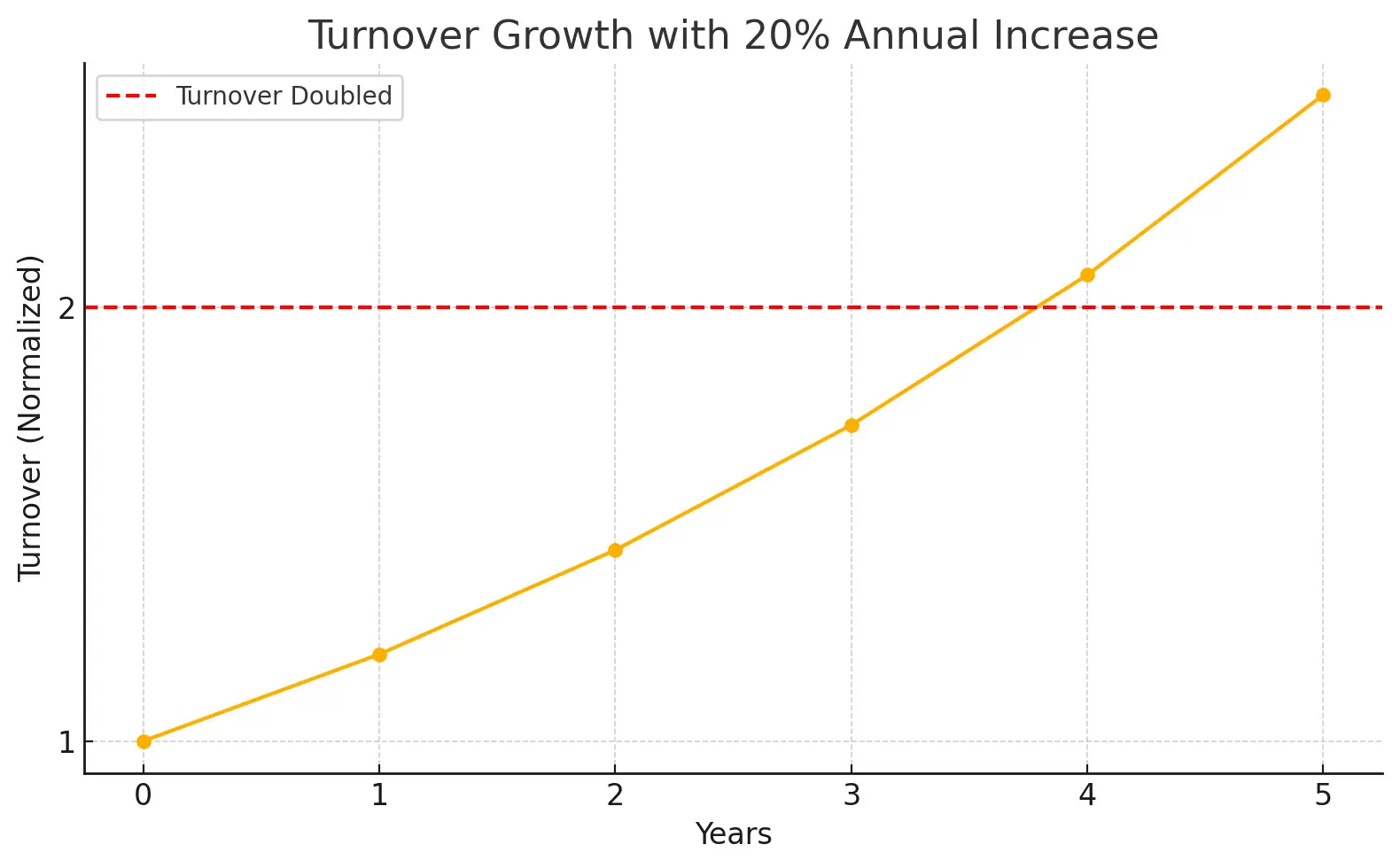
Public tenders present a gateway to significant market opportunities for private companies across various industries. These tenders, initiated by government agencies and public sector organizations, offer contracts for the supply of goods, services, and construction projects. Participating in public tenders can yield numerous benefits for private companies, contributing to their growth, credibility, and financial stability.
One of the primary advantages of participating in public tenders is gaining access to substantial market opportunities. Government agencies and public sector organizations often have sizable budgets allocated for procurement purposes. By participating in public tenders, private companies can tap into these budgets and potentially secure lucrative contracts, thereby expanding their customer base and revenue streams.
Winning public contracts enables private companies to diversify their revenue streams, reducing their reliance on a single client or market segment. Diversification mitigates risks associated with dependency on specific customers or industries and enhances financial stability. By securing contracts with government entities, private companies can balance their revenue sources and navigate economic fluctuations more effectively.
Successfully participating in and delivering on public contracts can bolster a company’s credibility and reputation in the marketplace. Government tenders typically have stringent requirements for quality, reliability, and compliance with regulations. Meeting these requirements demonstrates a company’s capabilities and commitment to excellence. As a result, winning public contracts can enhance trust among clients, partners, and stakeholders, opening doors to additional business opportunities and fostering long-term relationships.
Engaging in public tenders encourages private companies to continuously improve their capabilities and processes. The competitive nature of the tender process compels companies to enhance their project management skills, refine their technologies, and strengthen their quality assurance practices. By actively participating in public tenders, companies can cultivate a culture of innovation and excellence, driving organizational growth and development.
Participating in public tenders provides opportunities for private companies to network with government officials, industry peers, and potential collaborators. Building relationships within the public procurement ecosystem can lead to valuable partnerships, collaborations, and future business opportunities. Networking with key stakeholders also enables companies to stay informed about upcoming tenders, regulatory changes, and market trends, positioning them strategically for success.
Beyond individual benefits, participating in public tenders contributes to broader economic growth and development. Private companies that win public contracts create jobs, stimulate investment, and drive innovation. They deliver essential goods, services, and infrastructure that enhance societal well-being and support the growth of local economies. By actively engaging in public procurement, private companies play a vital role in driving sustainable economic progress.
In conclusion, participating in public tenders offers private companies a multitude of benefits, from accessing new markets and revenue streams to enhancing credibility and fostering innovation. By seizing opportunities in public procurement, companies can position themselves for long-term success while contributing to economic growth and societal advancement.


